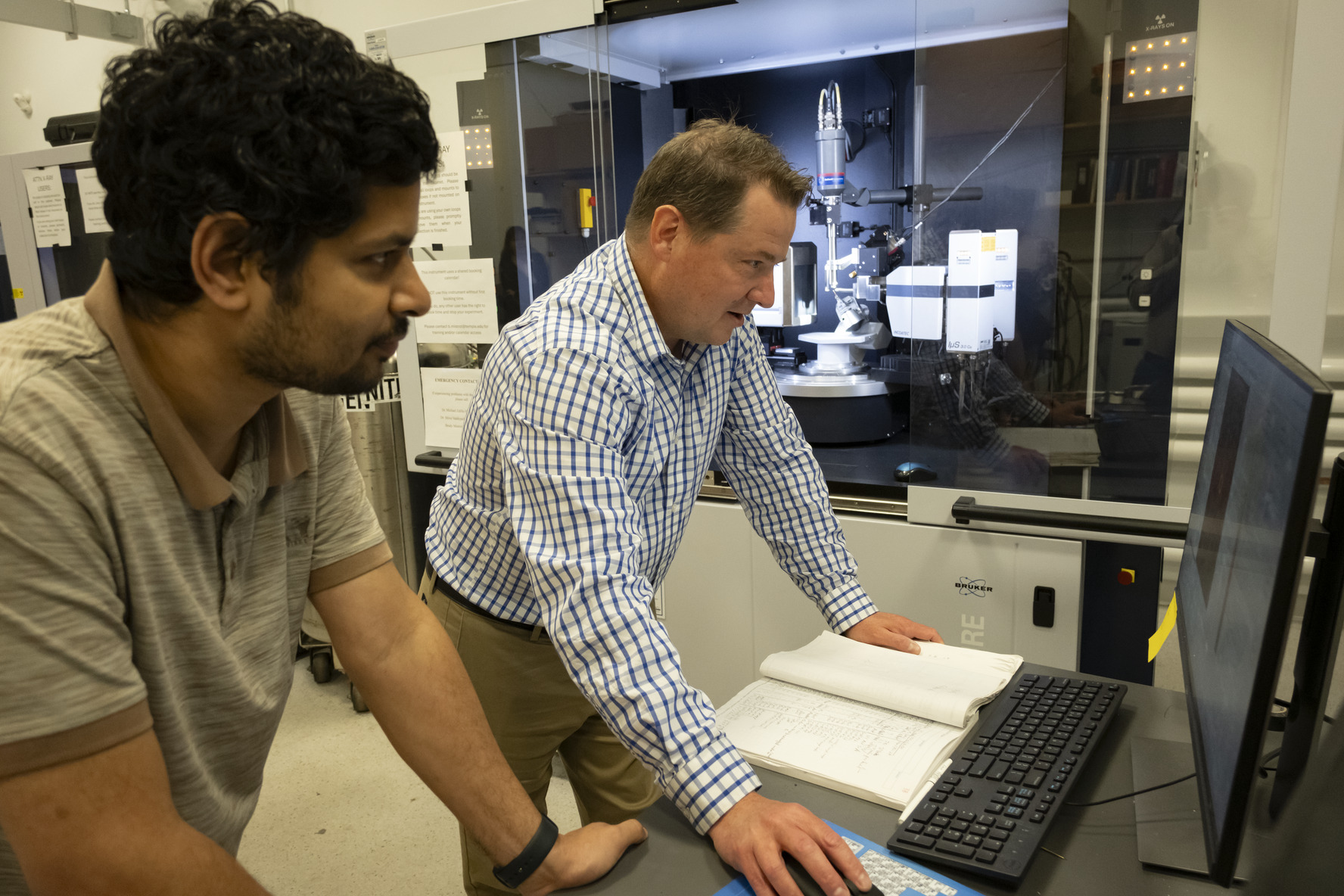A new award from the National Science Foundation will support a state-of-the-art three-beam correlative microscopy system, which will advance energy, biological, environmental and other materials research across the region.
Scanning electron microscopes (SEM), and their ability to help researchers visualize matter at the nanoscale, regularly contribute to groundbreaking innovations. Semiconductor and quantum technologies for computing, drug and cancer treatments, battery technology, and photovoltaic solar panels have all advanced through the use of electron microscopy.
Now, thanks to a $3.3 million award from the National Science Foundation (NSF), Temple University will soon own a brand new, state-of-the-art SEM-based platform. The instrument configuration will be one of just a few in the country, and only the second at a university. With its acquisition, Temple will make vital contributions to materials-based research for the foreseeable future.
“This award is a game changer, not just for Temple, but for the region,” said Vice President for Research Josh Gladden. “By making this powerful technology available to our research community and other collaborators in the area, we’re establishing Philadelphia as a hub for the next generation of materials science-driven innovation.”
Temple faculty, led by Michael Zdilla, professor of inorganic chemistry; Dmitriy Dikin, technical manager of Temple’s Nano Instrumentation Center; and Bernd Surrow, former senior associate dean for research at the College of Science and Technology, began meeting in 2024 to explore the acquisition of a new electron microscope.

